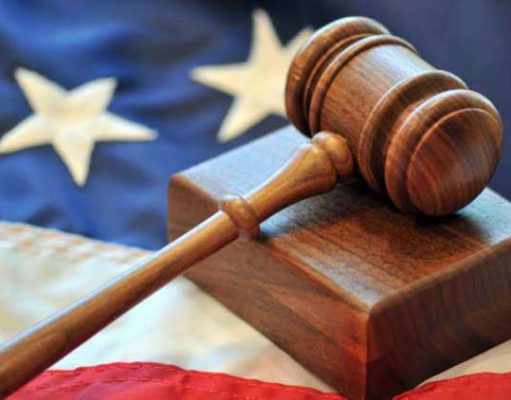


Shortly after this, he turned down several positions such as U.S. A few years later, his reputation earned him a role in Virginia’s convention to ratify the United States Constitution he then used his popularity to encourage others to ratify the Constitution and won by a narrow margin (Britannica).

Marshall made a name for himself as a fair, intelligent man who ruled based on the common good (Life and Legacy). He began to prepare himself for his future as the Chief Justice of the Supreme Court in 1785 when he became a city recorder, where one of his duties was to preside over small court cases. It began in 1782 when he won a seat in the Virginia House of Delegates, a position he would return to in later years. Marshall’s political career was long indeed, and was crucial in forming the newly independent America. He began a legal practice by defending clients against British creditors, which prepared him for the long legal and political career he had in front of him. After the war he studied law at the College of William and Mary and was admitted to the bar in 1780. From 1775 to 1780, Marshall served in the Continental Army, initially as a lieutenant and eventually as a captain his admiration of his commander George Washington grew, especially after they endured the harsh winter at Valley Forge together.

At the age of fourteen, he was sent to Campbell Academy in Washington, where he attended class with future president James Monroe. He was homeschooled by his father for most of his childhood, cultivating a love of classical and contemporary literature that would aid him in his future endeavors. As a child, Marshall’s education was formative to his future. He was not the only member of his family to rise to greatness his brother James served as judge for the Circuit Court of Washington, D.C., his brothers Keith, William, and Charles were lawyers, and his cousin Humphrey became a U.S. He was born in a log cabin in Germantown, Virginia, on September 24, 1755, the first of fifteen children born to Thomas Marshall and Mary Keith. Great men often rose from the humblest of beginnings, and John Marshall was no exception.


 0 kommentar(er)
0 kommentar(er)
